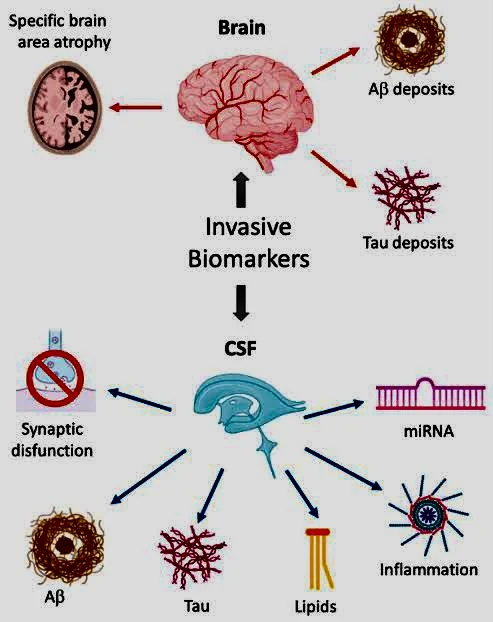Research reveals an outstanding decrease in Alzheimer's disease risk confirmed by blood assessment markers
Scientific research discovered an important decline in Alzheimer's disease risk which scientists verified through blood tests that bring fresh hope to combat this devastating disease.The research section of the ongoing BioRAND (Biorepository Study for Neurodegenerative Diseases) measured 71 participants while blood biomarkers received analysis for 54 individuals. The study participants received customized brain health-oriented lifestyle recommendations. Research data confirmed that the intervention programs produced noticeable cognitive function enhancements as indicated through blood analysis tests for Alzheimer's risk markers.
The research team analyzed MTBR-tau243 protein fragments which relate to brain tau tangles that indicate Alzheimer's disease pathology. Biomarkers of MTBR-tau243 measured in blood tests provide doctors an accessible approach to track Alzheimer's disease severity without invasive procedures. Research shows that conducting blood tests to define Alzheimer's risk followed by targeted lifestyle adjustments will decrease disease development probability effectively. The method applies a preventative model to high-risk populations while maintaining a focus on early diagnosis combined with person-oriented health management strategies.
Scientists in the medical field have recognized this research as an essential development for Alzheimer's disease investigations. The discovery of blood biomarkers for tracking disease risk creates opportunities for both preventing Alzheimer's onset as well as intervening early when the disease is non-destructive to cognitive abilities.Additional research on larger populations must validate these study findings however the investigation demonstrates the potential value of biomarker testing with lifestyle transformation to fight Alzheimer's disease. Such strategies have potential to significantly decrease dementia-related illnesses during the worldwide trend of population aging.Research findings validate blood-based biomarkers as effective tools for verifying reduced Alzheimer's risk potential thus accelerating the search for preventions and management approaches of this complex disease.

